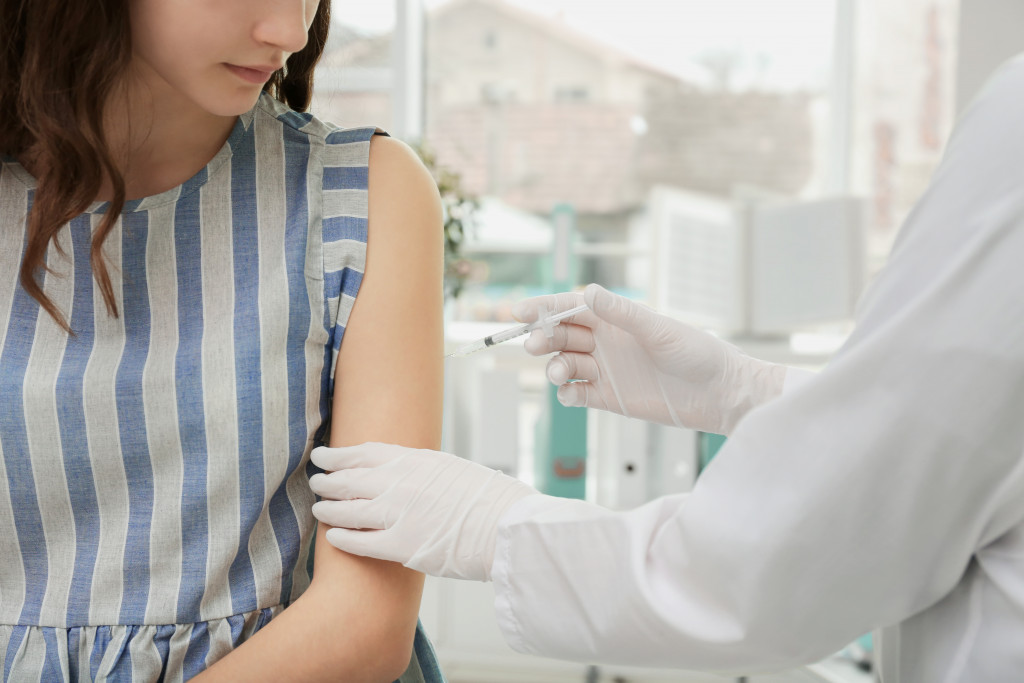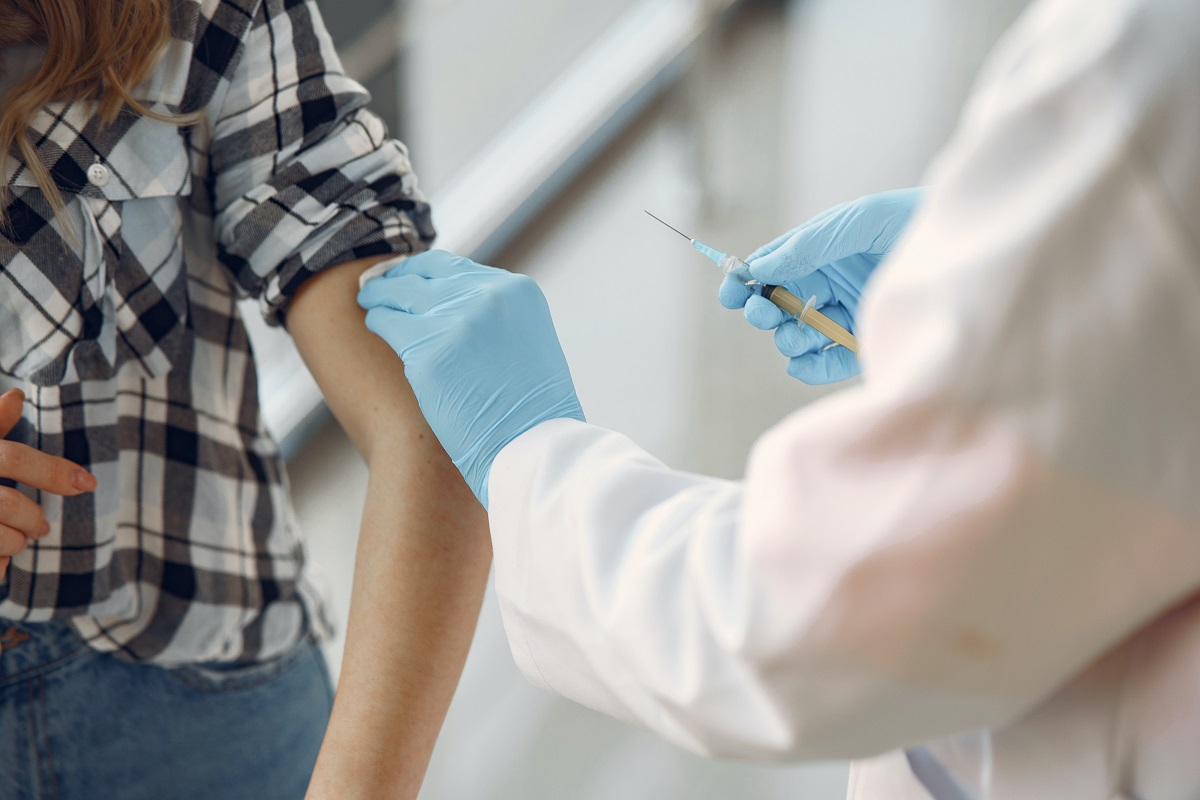As of April 25, 2021, a total of 228,661,408 Americans had the Covid-19 vaccination according to Statista.com. As of April 26, there were about 32 million reported cases throughout the country. On the same day, there were about 572,200 Covid-19-related deaths across the U.S.
On April 19, 2021, the U.S. Centers for Disease Control and Prevention (CDC) announced that eligibility for the vaccine is now extended to every American who is 16 years old and older. The CDC recommends that people with underlying health conditions that have higher risks of serious, life-threatening complications from COVID-19 must be the priority for vaccination.
According to Dr. Anthony Fauci, 70 percent to 85 percent of the U.S. population must get the vaccine for the country to achieve herd immunity and suppress Covid-19. This means a goal of vaccinating about 232 million to 281 million Americans.
Safety of Vaccines
On April 2, 2021, the CDC recommended the use of authorized mRNA Covid-19 vaccines in the U.S., being 90 percent effective in preventing infection in real-world conditions. This recommendation covered both the Pfizer-BioNTech and Moderna vaccines.
On April 13, the CDC and U.S. Food and Drug Administration (FDA) paused the use of the Johnson & Johnson Janssen vaccine in the country. This came after six reported cases of vaccinated women experiencing a rare and severe type of blood clot. On April 23, the CDC and FDA lifted the pause and stated that the vaccine’s known and potential benefits outweigh its known and potential risks.
Pharmaceutical companies did and are continuing to do extensive research on Covid-19 treatments in medical research clinics. All approved vaccines went through extensive human testing.
Impact of Misinformation Against Vaccines
The Imperial College London and the London School of Hygiene & Tropical Medicine did a study in September 2020 among 8,000 people in the U.K. and U.S., asking them about their willingness to accept a COVID-19 vaccine when it becomes available. Initially, 42.5 percent of respondents from the U.S. and 54.1 percent of respondents from the U.K. stated that they will “definitely” accept a shot. After exposure to online misinformation about the vaccine, however, the number of respondents willing to receive a vaccine dropped by 6.4 percentage points among American respondents and by 6.2 percentage points among British respondents.
Professor Heidi Larson of the London School of Hygiene & Tropical Medicine, and leader of the study, stated that misinformation against the vaccines inflate people’s doubts and anxieties and that this undermines vaccine acceptance. Sahil Loomba of the Department of Mathematics at Imperial College, and first author of the study, stated that in addition to complying with public health guidelines on Covid-19, people must also check online information on the pandemic for reliability and accuracy before sharing these with others. Director Carissa F. Etienne of the Pan American Health Organization stated that one of the most serious threats to public health is misinformation and that it does the most damage when it promotes vaccine hesitancy.
The Monmouth University Poll conducted February 25 to March 1, 2021, among 802 American adults shows that 24 percent stated they will “never” accept the vaccine if they can refuse it. An NPR-Marist Poll from March 22 to 25, 2021 with 1,309 respondents also shows that while 36 percent already had the vaccine and 34 percent want to get the vaccine, 25 percent do not want to do so and five percent are still unsure.
Dangers of Vaccine Hesitancy
Experts Ali Mokdad of the University of Washington and Samuel Scarpino of the Northeastern University worry that vaccine hesitancy will prevail in the summer when the warm weather makes people have a false sense of security against the virus. They warn that in the fall and winter, more infectious variants can proliferate and if the country is still below 60 percent to 70 percent vaccination by then, it could turn into a national emergency.
Not only is Covid-19 life-threatening, but it can also have lasting effects that can stretch out for a still unknown period. Scientists cite the multi-organ and systemic impact of Covid-19. A review of literature on post-acute COVID-19 syndrome, or long COVID, shows that while people with underlying health conditions get worse with the illness, even previously healthy people develop long-term health problems such as cardiovascular symptoms and chronic fatigue. The Atlantic cites a study showing that 34 percent of COVID-19 survivors exhibit a neurological or psychological health problem within six months of recuperating from the infection.
Be Part of the Solution
Getting the vaccine protects you from the possibility of dying alone in the hospital with Covid-19 or suffering long-term systemic problems that can diminish your quality of life. It will also enable you to slowly normalize your life along with the rest of the vaccinated population.
Not only will it protect you, but it will protect others, too, as the country moves toward herd immunization. You can set an example by getting the vaccine so that others can see that it is safe. Hopefully, everyone will eventually realize that this is what we need to survive this pandemic.


